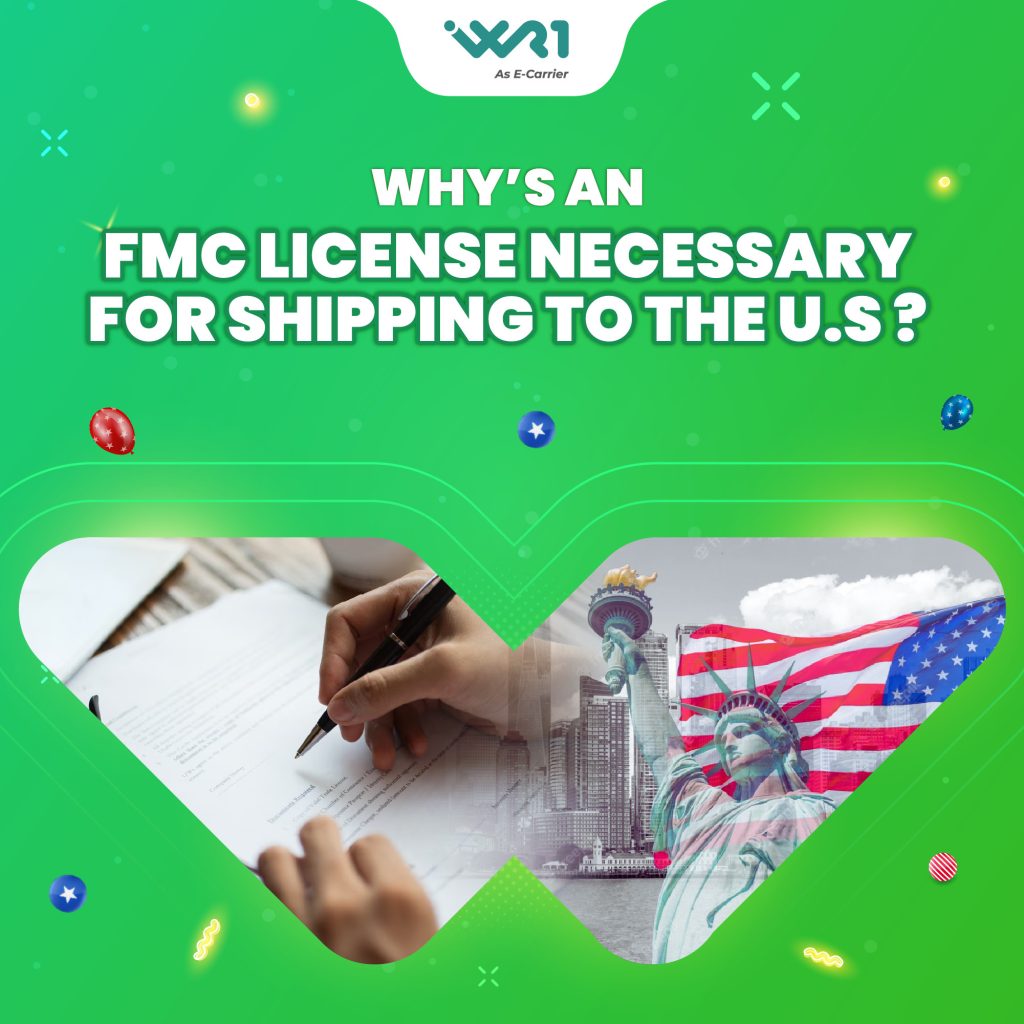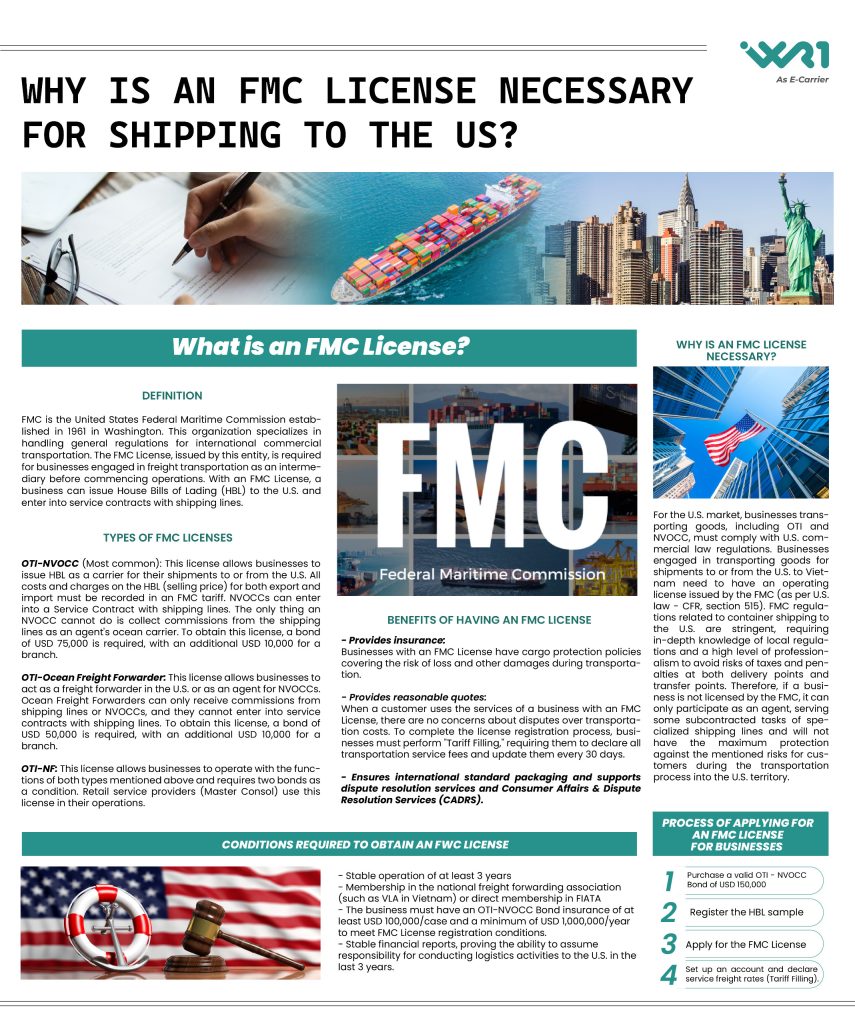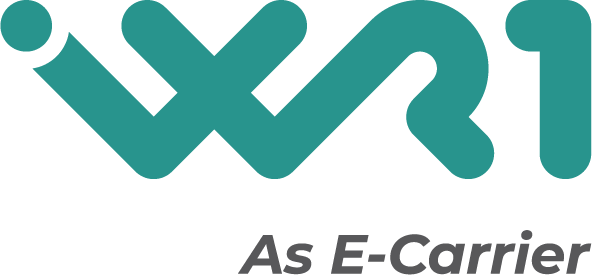
1. What is an FMC License?
1.1. Definition
FMC is the United States Federal Maritime Commission established in 1961 in Washington. This organization specializes in handling general regulations for international commercial transportation. The FMC License, issued by this entity, is required for businesses engaged in freight transportation as an intermediary before commencing operations. With an FMC License, a business can issue House Bills of Lading (HBL) to the U.S. and enter into service contracts with shipping lines.
1.2. Types of FMC Licenses
OTI-NVOCC (Most common): This license allows businesses to issue HBL as a carrier for their shipments to or from the U.S. All costs and charges on the HBL (selling price) for both export and import must be recorded in an FMC tariff. NVOCCs can enter into a Service Contract with shipping lines. The only thing an NVOCC cannot do is collect commissions from the shipping lines as an agent’s ocean carrier. To obtain this license, a bond of USD 75,000 is required, with an additional USD 10,000 for a branch.
OTI-Ocean Freight Forwarder: This license allows businesses to act as a freight forwarder in the U.S. or as an agent for NVOCCs. Ocean Freight Forwarders can only receive commissions from shipping lines or NVOCCs, and they cannot enter into service contracts with shipping lines. To obtain this license, a bond of USD 50,000 is required, with an additional USD 10,000 for a branch.
OTI-NF: This license allows businesses to operate with the functions of both types mentioned above and requires two bonds as a condition. Retail service providers (Master Consol) use this license in their operations.
1.3. Benefits of Having an FMC License
– Provides insurance:
Businesses with an FMC License have cargo protection policies covering the risk of loss and other damages during transportation.
– Provides reasonable quotes:
When a customer uses the services of a business with an FMC License, there are no concerns about disputes over transportation costs. To complete the license registration process, businesses must perform “Tariff Filling,” requiring them to declare all transportation service fees and update them every 30 days.
– Ensures international standard packaging and supports dispute resolution services and Consumer Affairs & Dispute Resolution Services (CADRS).
2. Why is an FMC License necessary?
For the U.S. market, businesses transporting goods, including OTI and NVOCC, must comply with U.S. commercial law regulations. Businesses engaged in transporting goods for shipments to or from the U.S. to Vietnam need to have an operating license issued by the FMC (as per U.S. law – CFR, section 515).
FMC regulations related to container shipping to the U.S. are stringent, requiring in-depth knowledge of local regulations and a high level of professionalism to avoid risks of taxes and penalties at both delivery points and transfer points.
Therefore, if a business is not licensed by the FMC, it can only participate as an agent, serving some subcontracted tasks of specialized shipping lines and will not have the maximum protection against the mentioned risks for customers during the transportation process into the U.S. territory.
3. Conditions required to obtain an FMC License
– Stable operation of at least 3 years
– Membership in the national freight forwarding association (such as VLA in Vietnam) or direct membership in FIATA
– The business must have an OTI-NVOCC Bond insurance of at least USD 100,000/case and a minimum of USD 1,000,000/year to meet FMC License registration conditions.
– Stable financial reports, proving the ability to assume responsibility for conducting logistics activities to the U.S. in the last 3 years.
4. Process of applying for an FMC License for businesses
– Step 1: Purchase a valid OTI – NVOCC Bond of USD 150,000
– Step 2: Register the HBL sample
– Step 3: Apply for the FMC License
– Step 4: Set up an account and declare service freight rates (Tariff Filling).
5. Summary




 Tiếng Việt
Tiếng Việt

